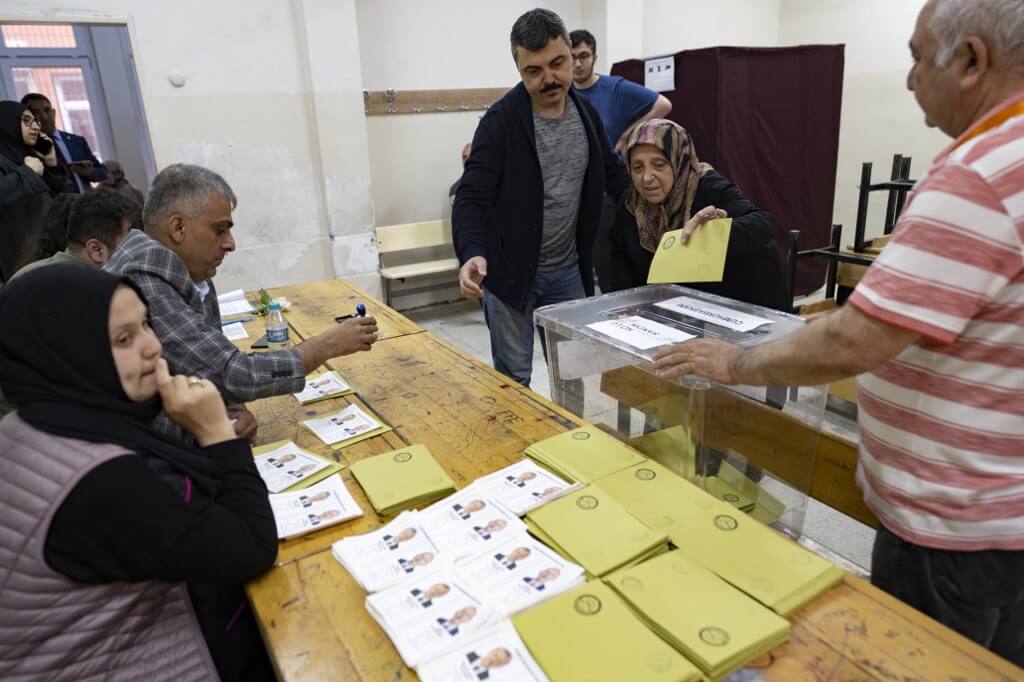Turkey’s Supreme Election Council (YSK) President Ahmet Yener has reportedly announced that preparations for adopting an electronic voting system are complete, while concerns mount over election security, transparency and risks of cyber interference.
Journalist Sinan Burhan shared Yener’s remarks regarding a switch to an online voting system on Tuesday during a program broadcast on TV100.
“We have completed all of the preparations for an electronic voting system. The decision now rests with the [Turkish Parliament],” Burhan quoted Yener as saying.
The journalist also said on X that the YSK, in line with its duties, had reviewed new technological developments and election systems and conducted a study.
“Once all processes are complete, [the study] will be presented to parliament. The decision rests with parliament,” Burhan added.
A task force began to examine the technical requirements of adopting an electronic voting system in Turkey in February. Experts from the YSK are working alongside a team from Ankara University’s faculties of law, political science and engineering to develop the necessary infrastructure. The group is also studying the electronic voting systems of countries with populations similar to Turkey’s, which reached 85.3 million in 2023, to create a software model.
Turkey’s potential shift to an electronic voting system has raised concerns about election security, transparency and the risks of cyber interference.
“As a university lecturer in computer engineering, I can say with certainty that this would be the end of our remaining democracy,” academic and author Cem Say said in an online posting.
“How many of us say, ‘We do not want electronic voting!’?” lawyer Cemil Çiçek also said on X.
“Forget electronic voting, we should go back to fingerprint ink,” Professor Güner Sönmez said in another online remark, referring to the ink applied to a finger during elections to prevent duplicate voting. The use of fingerprint ink, also known as election ink, was discontinued after the 2009 local elections.
“In a country where our personal information is exposed, where social media can be shut down with the push of a button … conducting electronic voting means not holding elections at all,” Sönmez added.
Merve Karataş, the İstanbul provincial chair of the Liberal Democrat Party (LDP), stated in a series of tweets that electronic voting would be the “suicide of democracy in Turkey” and emphasized that preventing the transition to this system should be one of the opposition’s key tasks in the upcoming period.
“I am completely against electronic voting in Turkey and under the current circumstances, I believe anyone who advocates for it is foolish,” she added.
Election security has been a significant concern in Turkey, with various issues arising during past elections. One of the main concerns involves potential political interference in the operations of the YSK and the state-run Anadolu news agency, which could affect the fairness and transparency of elections as well as the announcement of results.
There also have been allegations of harassment, intimidation and even violence against opposition candidates and supporters as well as concerns about the accuracy and transparency of voter registration and ballot-counting processes. Some reports have highlighted irregularities in voter registration lists, such as the inclusion of deceased individuals or ineligible voters. Critics have raised concerns about the lack of transparency and accountability in the use of electronic voting systems and the potential for tampering with or manipulation of electronic votes.


